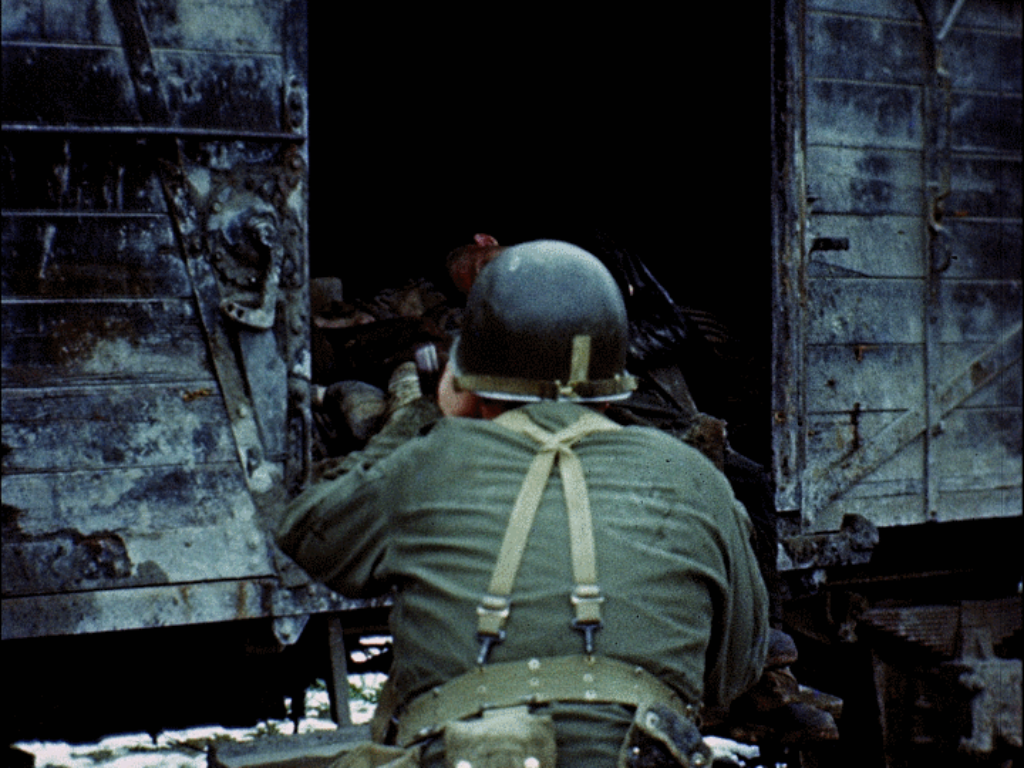
Digital Curating: Visual History of the Holocaust
- Audiovisual Cultures and Historiography
- Completed
- Research project
- Duration: 2019 – 2023
- Project lead: Prof. Dr. Winfried Pauleit
The project “Visual History of the Holocaust: Rethinking Curation in the Digital Age” is being funded as an Innovation Action with around 5 million euros as part of the EU’s Horizon 2020 program. The project will run for four years, starting in January 2019. The Holocaust is a central point of reference in European history and a kind of “negative founding myth” of European integration. In the digital age, the question of how it has been portrayed in the past and how it can be portrayed is being raised once again. Under these circumstances, what does it mean to digitally curate cinematic and other cultural assets of the highest historical relevance? A consortium of 13 Austrian, German, Israeli and French research institutions, museums, memorial sites and technology developers will develop exemplary concepts and applications together with American partners.
The difficult topic of the Holocaust and its visual representation is the starting point for rethinking what digital curating means in general. At the center of the project are the filmic documents that were made by Allied forces in liberated concentration camps and other sites of Nazi crimes, which have so far hardly been made accessible to the public. Although they only show a certain aspect of the Holocaust, some well-known film recordings have filled the empty space of the missing images and have had a lasting impact on the perception of the Holocaust. These film documents, which are scattered in archives in the USA, Great Britain, Russia and other former Soviet republics, are being brought together centrally for the first time, digitized, analyzed and indexed according to the latest criteria in order to subsequently link them with photographs, written documents, oral history interviews with survivors, cameramen and other witnesses, as well as with film works produced later.
Various digital technologies are used in the work with the films, including advanced digitization, automatic image and text analysis, time-based annotation and location-based services.
One aim is to create new contexts of meaning for research in subject areas such as history, film and media studies, cultural studies and computer science.In addition, new mediation applications for memorials, museums and educational institutions are being developed and tested.Several memorial sites are directly involved in the consortium as partners: The Dachau Concentration Camp Memorial, the Mauthausen Concentration Camp Memorial and the Bergen-Belsen Memorial.
Further information on the project can be found here
This project has received funding from the European Union’s Horizon 2020 research and innovation programme under grant agreement No 822670.

